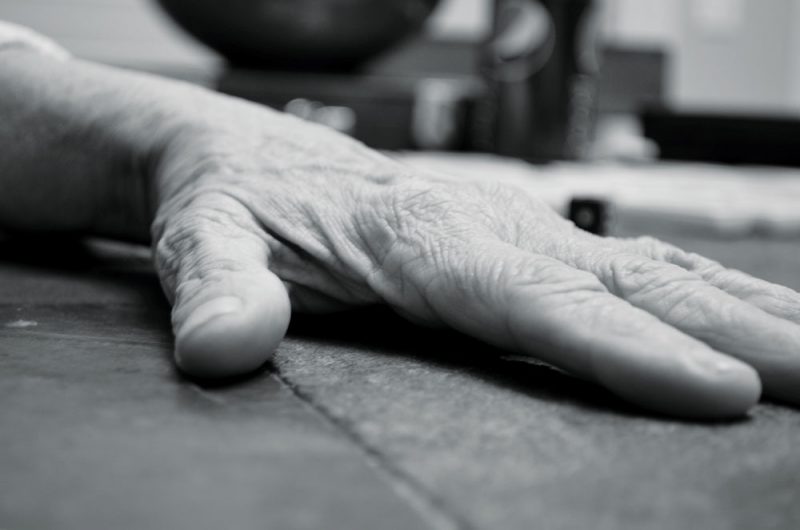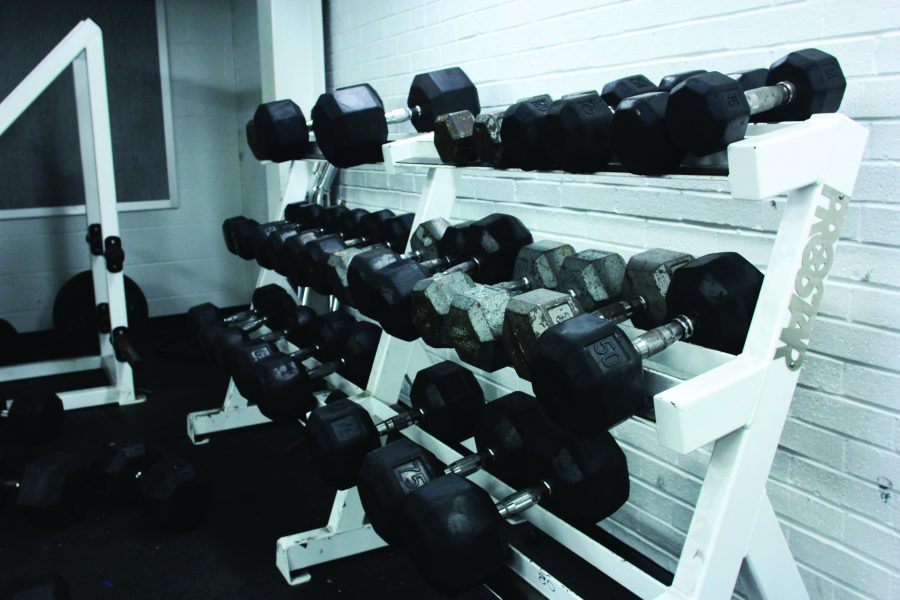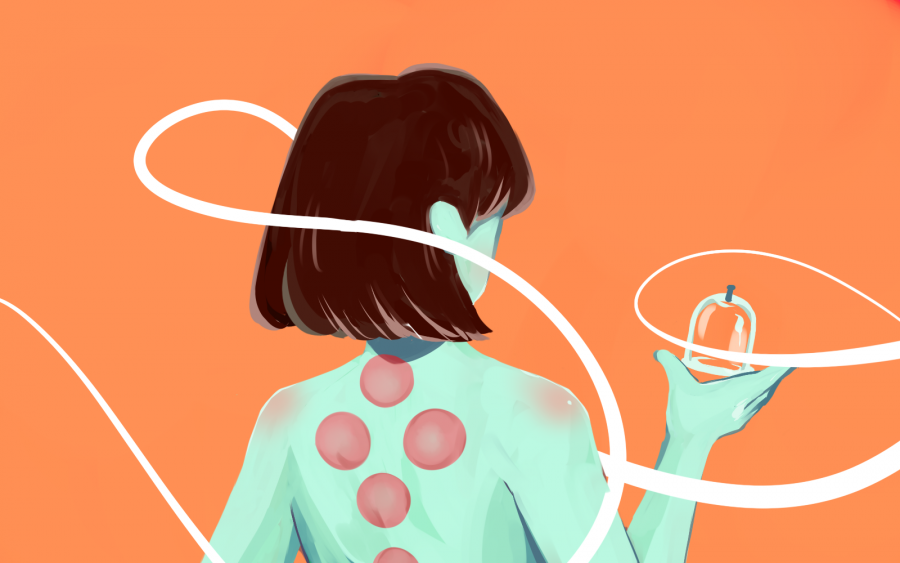From Camelback water bottles to the iPhone 6 Plus, society continues to shell out the big bucks in exchange for little parcels of happiness despite the chiding voice that chants, “money can’t buy happiness.”
The United States was ranked the wealthiest in the world based on average household financial wealth and personal earnings, but levels of life satisfaction didn’t even make it to top 10, only settling at 15th place, according to the 2014 Better Life Index conducted on 36 countries by the Organization for Economic Co-operation and Development (OECD).
While this study fully supports the supposed lack of connection between wealth and happiness, new literature suggests that money, when spent in the right places, can indeed buy happiness. In a 2014 Harvard study, researchers found that “prosocial” spending, the act of spending on others, can actually increase the emotional well-being of people by providing the fundamental need for social connection.
In another Harvard study, this time conducted in 2011 by Daniel Gilbert, the results showed that buying experiences tends to leave consumers happier than material purchases.

“I think the general sense of the literature is that buying things tends to give you a very short payoff,” St. Louis University associate professor of philosophy Dr. Dan Haybron said. “We tend to adapt very quickly to things that we acquire so you get a little boost at the time you buy it. It’s exciting and you get a new camera or phone and the next day you realize, ‘Well, it’s still just a camera,’ and I think in most cases, buying things doesn’t make a lasting difference.”
Even though purchasing materialistic objects provide an explosive but short surge of happiness, buying moments through experiences doesn’t come with a “satisfaction or your money back” guarantee of happiness either.
“Just because you’re spending money on that particular activity, you’re not necessarily going to achieve happiness just by spending the money itself,” junior David Feng said. “It’s not the act of spending the money. It’s more so how you partake in the event.”
For sophomore Chase Ford, the experience of practicing independence in choice and thought hikes up happiness. As a member of the debate team, Ford gets to escape familial influences and make independent decisions. With the freedom to act on personal preferences, Ford not only opens the door for joy with a material purchase, but also with an experience of self-rule.
“Going on debate tournaments … we get to go to a restaurant or something and be like, ‘I can order whatever I want’,” Ford said. “It sounds really lame, but it’s nice because at home you’re kind of restricted to what everyone else wants.”
For those who turn to shelling out cash on shopping sprees to improve their mood, a more natural alternative awaits them.
Rather than debating whether money can buy happiness or not, those who are in pursuit of happiness have a more effective way to ensure happiness.
“Exercise, exercise, exercise,” Washington University professor of philosophy and philosophy-neuroscience-psychology John Doris said. “That’s probably one of the best things people can do to inoculate themselves against depression. Health is pretty uncontroversially implicated in happiness. Exercise is implicated in health so therefore exercise makes you happier in that way. Exercise also has positive mood effects, which is another way it impacts happiness.”
With a continuous stream of technological improvements and a battle between brand names for consumer attention, material objects are just too much of a volatile investment for our happiness.
“There’ll be all sorts of cool new stuff that we’re going to own ten years from now that maybe we don’t have today,” Haybron said. “I’d be surprised if we’re any happier for it.”
By Alice Yu
art by Claire Simon. Infographic information: http://time.com/3545709/money-can-buy-happiness/
LATEST NEWS
- Bruins Baseball ranks second in the state, April 20
- Stress, anxiety skyrocket as students prepare for upcoming AP tests
- RBHS holds successful night of percussion
- Not even water?
- Solar eclipse to pass through Missouri, April 8
- How CPS is organized: a guide
- City of Columbia to hold school board election April 2
- Youth Election Participants to assist in upcoming municipal election
- City of Columbia hosts first Community Engagement Session for McKinney Building, hopes to gain public insight on the structure’s future
- RBHS Track Team Opener at Battle Gallery


























































































